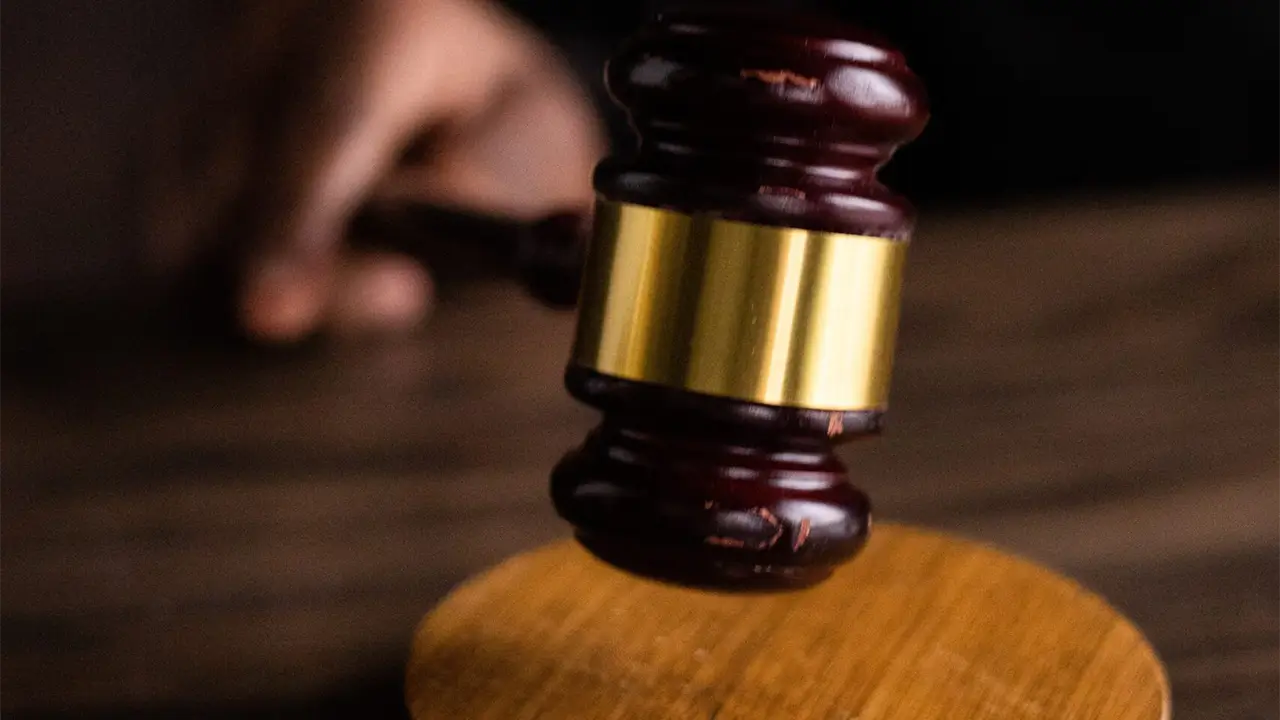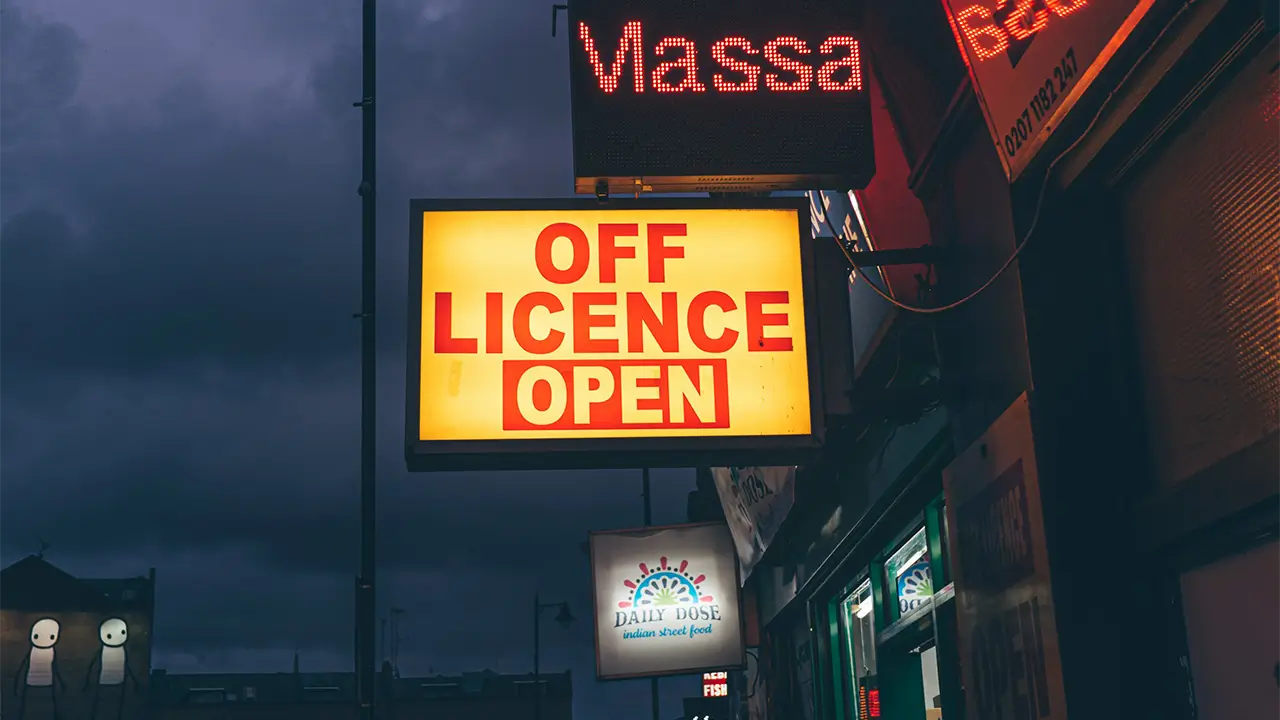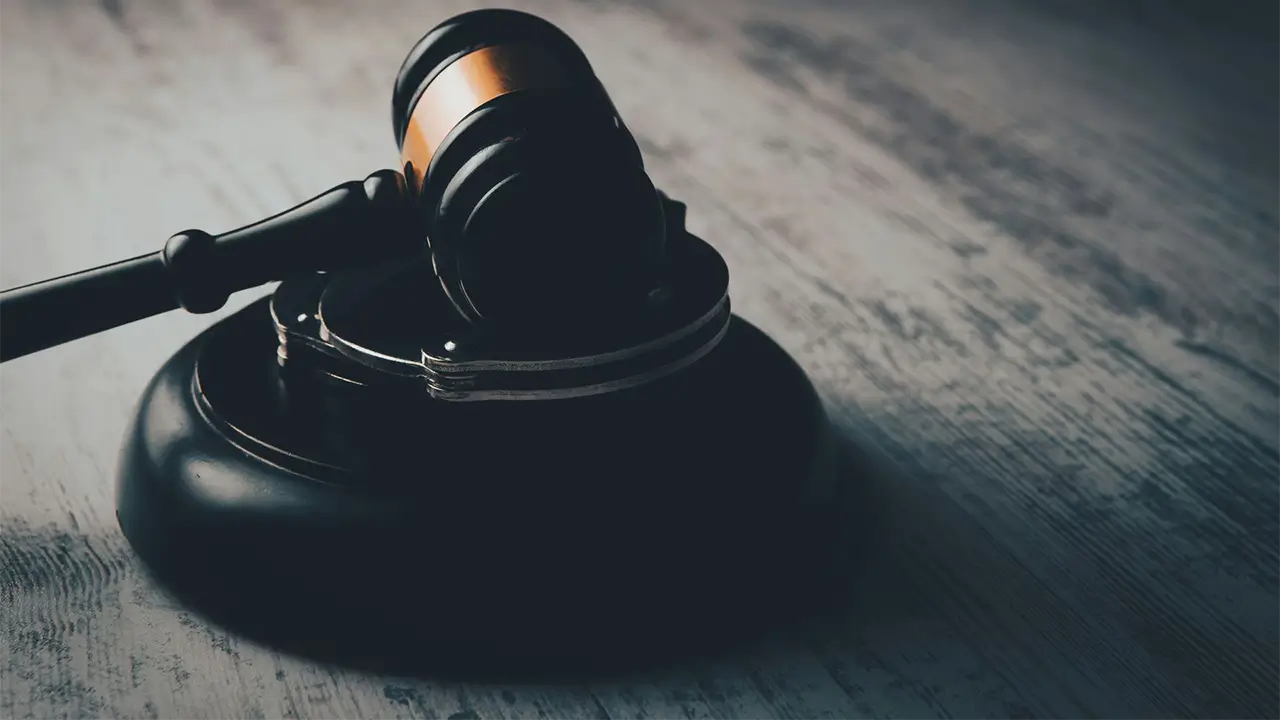Trademark protection creates an exclusive right for the trademark holder over the designation that is the subject of the trademark protection. The trademark holder may also authorize other persons to use the trademark protection. Those persons who use the protected trademark, or a designation confusingly similar or similar to it, without the trademark holder's permission, are committing trademark infringement.
What can we do in case of trademark infringement?
Given that in many cases the infringers do not commit the violation intentionally, a strongly worded warning letter from a lawyer can achieve the goal. However, if the infringer acts unlawfully intentionally and the warning letter does not lead to results, the holder can resort to civil litigation to enforce their lawful claim. In a trademark infringement lawsuit, the holder may request the court to establish the fact of infringement, may ask the court to oblige the infringer to cease the infringement, may request the withdrawal of the infringing goods from commercial circulation or their destruction, and the court may also oblige the infringer to provide restitution, as well as to repay any enrichment achieved through the trademark infringement and to disclose their commercial connections.
In the case of trademark infringement, the civil lawsuit must be initiated at the tribunal, thus legal representation is mandatory in a civil lawsuit initiated regarding trademark infringement. Our office also provides legal representation in trademark infringement cases and offers comprehensive legal consultation regarding the method of acting against the infringement and the enforcement strategy.
If you need legal assistance regarding trademark infringement, please contact us with confidence!




